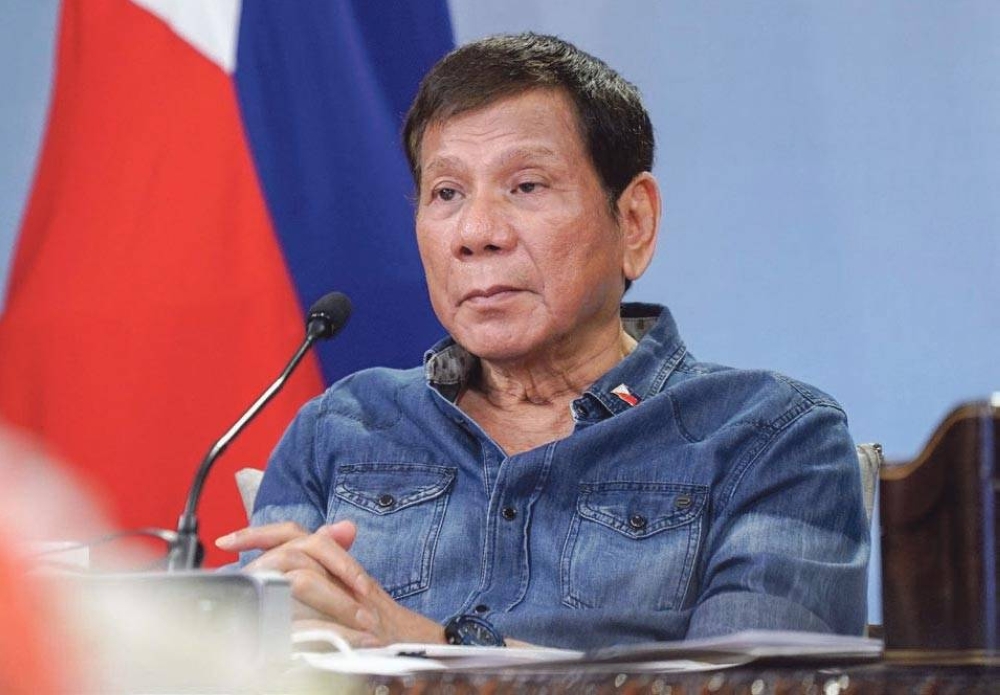Duterte should strengthen institutions in his final year
THOSE wanting the good work of President Rodrigo Duterte to continue beyond 2022 should urge him to strengthen public institutions during his last year in office. In fact, we hope that the President tackles this in his final State of the Nation Address (SONA) scheduled today. If it were up to us, it would be more captivating to hear about moving the country forward rather than reliving the past.
Certainly, making institutions stronger seems more appealing than the alternatives mentioned in public discourse, particularly on who should be elected as the next president. If anything, personality politics weaken institutions with policies and priorities anchored on preferences that change every six years. Instead, it would be better to have a system that adheres to democratic and other common values.
To use an analogy, it would be better to build a sturdier ship rather than debate on who should do the steering. Just like in mature democracies, it matters less whether the government is conservative or liberal. It is more important that both sides are committed to similar values.
Like or not, the Philippine system was created from a Western mold. And the system we inherited required vigorous debate and finding common ground, which is, admittedly, a difficult act to follow.
Take the drug problem for instance. Most of us should agree to keep illicit drugs away from our children and communities. The question, of course, is how. That is where policies and institutions come in.
Mr. Duterte has his approach, and he sticks to it despite being criticized for it. But his critics have, so far, failed to present alternatives to the war on drugs. Worse, some do not even appear to acknowledge the severity of the drug problem either because of pride or they are out of touch with the people.
The critics might be more popular if they argue for improving law enforcement training and tactics. More might listen if they said that the government should go beyond issuing new sidearms and invest also in modern equipment that modernizes investigation techniques and improves crime fighting in general.
Moreover, there should also be reforms in the legal system in order that drug-related cases are processed efficiently. And there should be drug-prevention campaigns in the media as well as community programs, promoting health and overall well-being, especially among the youth.
Critics have often said the drug war was anti-poor. Here again, they fall short on alternative ideas to improve the economy enough to remove the poverty factor from this equation.
Battle of ideas
In his last SONA, Mr. Duterte will probably mention his government's infrastructure development program as a pillar of his economic policies. Besides criticizing its shortcomings, it would be more interesting to hear critics point out how they might do better if they were running the government.
Also on the economy, the major barrier to progress these days is obviously the pandemic. It would attract our attention if someone comes up with an idea on how to vaccinate people faster.
Of course, vaccine hesitancy is a problem in many places around the world. But in the Philippines, the biggest hurdle is insufficient supply. Besides, a likely solution to vaccine hesitancy would be to inoculate even more people in order to show skeptics that vaccines are indeed safe.
Related to the pandemic, the crisis has also exposed the weakness of the country's health-care institutions. The public, it seems, did not appreciate the value of investing in the health-care sector until hospitals, particularly those in the countryside, were running out of beds.
Here again, there should be broad agreement on improving the public-health infrastructure and making it more responsive not only to basic needs, but also to future threats. In short, the discourse would be more meaningful if it was a competition of ideas.
We expect Mr. Duterte to share his thoughts and ideas during his last SONA. His address might command more attention if he focuses on enhancing the capabilities of public institutions in order that they may continue what he has started.
What is the point of critiquing the captain or the steering while the ship is being battered by storms?









